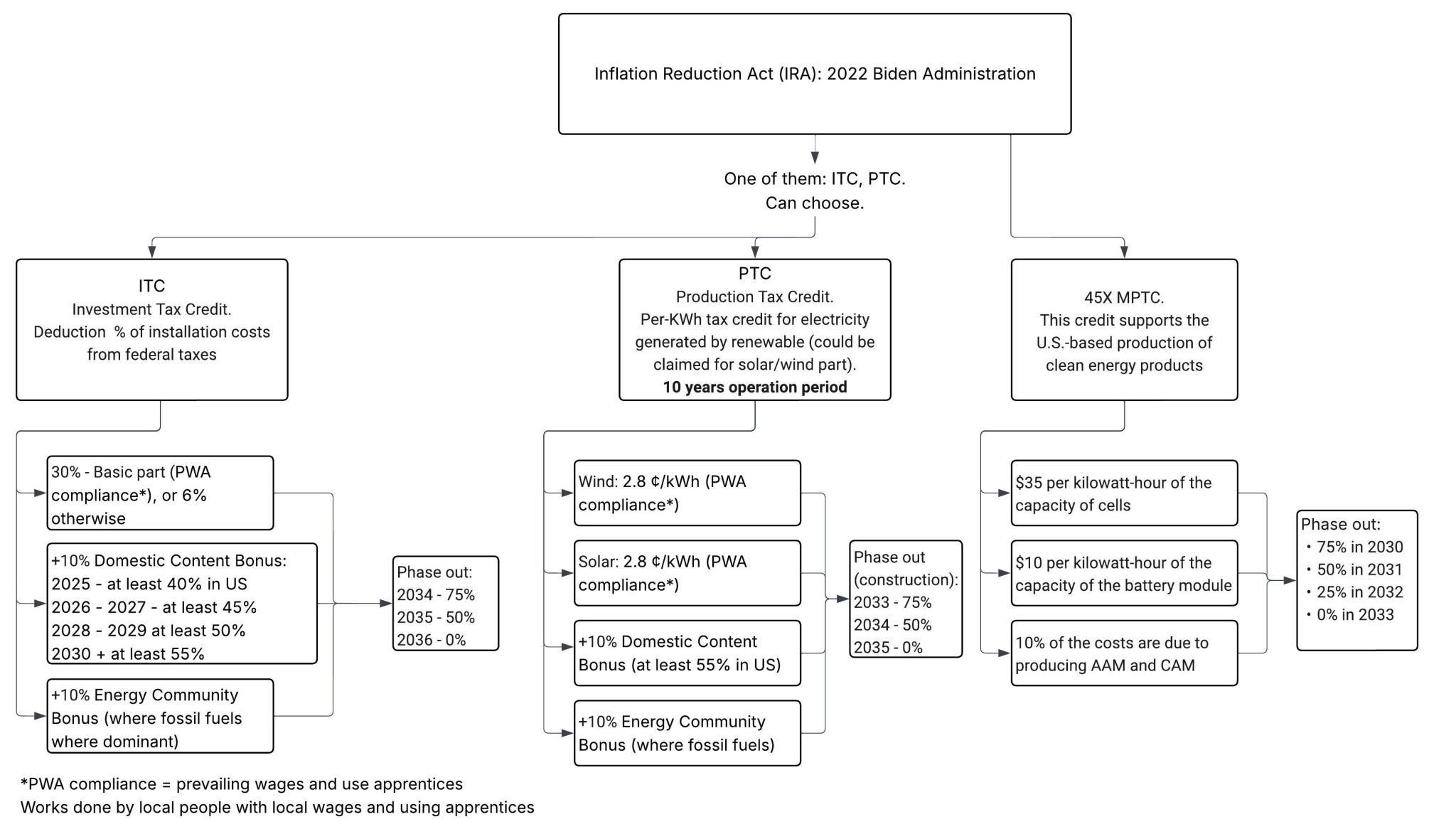Throughout my career, I've had extensive experience collaborating with Asian partners, providing me with insightful perspectives on how fundamental business cultures from different regions can clash, leading to confusion and team dysfunction.
Paradox: " 𝘽𝙤𝙤𝙨𝙩 𝙤𝙛 𝙩𝙚𝙖𝙢 𝙥𝙚𝙧𝙛𝙤𝙧𝙢𝙖𝙣𝙘𝙚 𝙡𝙚𝙖𝙙𝙨 𝙩𝙤 𝙩𝙚𝙖𝙢 𝙘𝙤𝙡𝙡𝙖𝙥𝙨𝙚"
Let's explore:
Western Business Culture: The Western world promotes independence, autonomy, and self-reliance in business. Employees are expected to address issues independently, fostering a sense of individual responsibility.
Chinese Business Structure: In contrast, China maintains a hierarchical business structure rooted in tradition, emphasizing authority, seniority, and deference to superiors. Additionally, Chinese companies may not be prepared for the pricing norms, especially labor costs prevalent in the Western world.
Language barriers: Further complicate matters. While English is the default international business, varying proficiency levels can prevent open dialogue and problem-solving, common for ESL employees.
What happens:
1) Start.
Firstly, a Chinese company enters the U.S. market. To cut costs and maintain control, they often delegate a HQ employee as a supervisor to oversee operations and use mainland personnel as support. As the business expands and local employees are hired, typically mid-to-senior-level like project managers, cultural clashes arise.
2) Independent Work Culture.
Local employees get used to resolving issues independently, improving performance significantly. However, this reduces customer communication with senior management, as managers see fewer complaints and problems. In addition, business expenses start to grow.
3) Micromanagement.
Senior management, feeling a loss of control (they cannot understand the reason as employees act in the Western world business paradigm, and they think it's a bad sign), start to micromanage the team, causing team trust issues and enforcing Chinese business practices. Language barriers exacerbate the lack of communication.
This is where collide happens. Better team performance seems the opposite.
4) Trust Erosion:
Feeling micromanaged and untrusted, local employees become disengaged, leading to decreased productivity and job dissatisfaction. They can't understand why as they act in the Western business paradigm. Communication barriers hinder resolution.
5) Performance Decline:
Overall performance suffers, impacting customer satisfaction.
6) Breakdown in Communication:
Trust issues lead to communication breakdowns, further team deterioration, and dissolution. As a result, a company loses money and customers.
Outcomes:
Local employees are dissatisfied.
The company may prefer to hire local imigrant employees in the future.
Customers are dissatisfied and seek alternative partners.
The business outlook appears bleak.
Stay tuned for continue.





